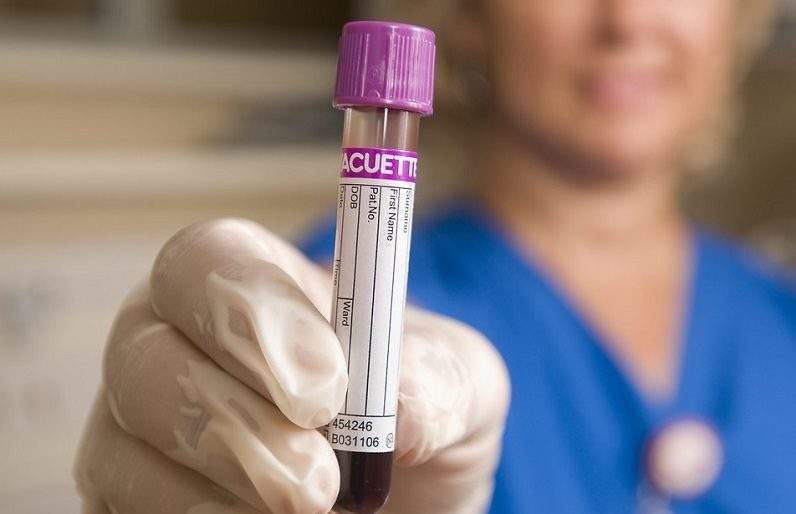
Research Fortnight, a research policy magazine, has found that staff shortages due to NHS cutbacks have meant that members of staff are being diverted away from clinical trials to other areas.
Published in Research Professional, the report found that nurses who previously worked on clinical trials are now devoting more time to clinical work, with work on trials cut back or postponed. This could lead to NHS trusts running fewer clinical trials with drug companies.

Discover B2B Marketing That Performs
Combine business intelligence and editorial excellence to reach engaged professionals across 36 leading media platforms.
The report included accounts from several NHS nurses, including one anonymous nurse who cited an ‘overall lack of understanding’ of the importance of clinical trials at a senior level and ‘research not being considered a priority’ as major reasons behind staff being diverted to other areas.
Although clinical trials are led by drug companies, the NHS plays a vital role. Research nurses employed by the NHS are responsible for recruiting participants, collecting data and monitoring participants while they are taking part in trials.
According to data from NHS Digital published in January 2018, over 33,000 nurses left the NHS in 2017; 3,000 more than the number who joined. More than 10% of the nursing workforce has left NHS employment in each of the past three years.
With most NHS wards operating at a nurse to staff ratio of one to nine, nurses who are contracted to work a proportion of their shifts in clinical trials are required to work elsewhere.

US Tariffs are shifting - will you react or anticipate?
Don’t let policy changes catch you off guard. Stay proactive with real-time data and expert analysis.
By GlobalDataSpeaking to Research Professional, former head of the Department of Health’s R&D systems Marc Taylor said: “World-beating efficiency in securing approvals will go to waste if the NHS can’t maintain the capacity to run high-quality research.”
Staff shortages threaten gains made in research in the public health system. A report by the National Institute for Health Research (NIHR) found that 65% of NHS trusts increased their research activity in 2016/17, up 8% on the previous year. However, a lack of NHS staff may mean that such gains are no longer possible.
The NHS plays a vital role in UK pharmaceutical research and development, with all NHS trusts in England currently research-active. The NIHR is the largest national clinical research funder in Europe and over the course of 2015/16, it brought in over 1,200 new academically sponsored trials and 650 funded by the private sector.
The benefits of NHS trusts engaging in clinical research are undeniable. As well as enabling participants to access innovative medicines not yet available on the NHS, research supported by the NIHR and the Clinical Research Network found that bowel cancer patients are more likely to survive in research-active hospitals. The research found that even patients who are not involved in the trials themselves benefit from being in hospitals where a large amount of clinical research is taking place.
Speaking to The Telegraph, a spokesperson from the Association of the British Pharmaceutical Industry said: “While the UK has a long established and successful record of clinical research, competition to attract commercial clinical trials is increasingly global. For that reason, improving the speed and efficiency of UK clinical trial capabilities and making sure they are as effective and efficient as possible needs to be front and centre of NHS and Government policy.”




